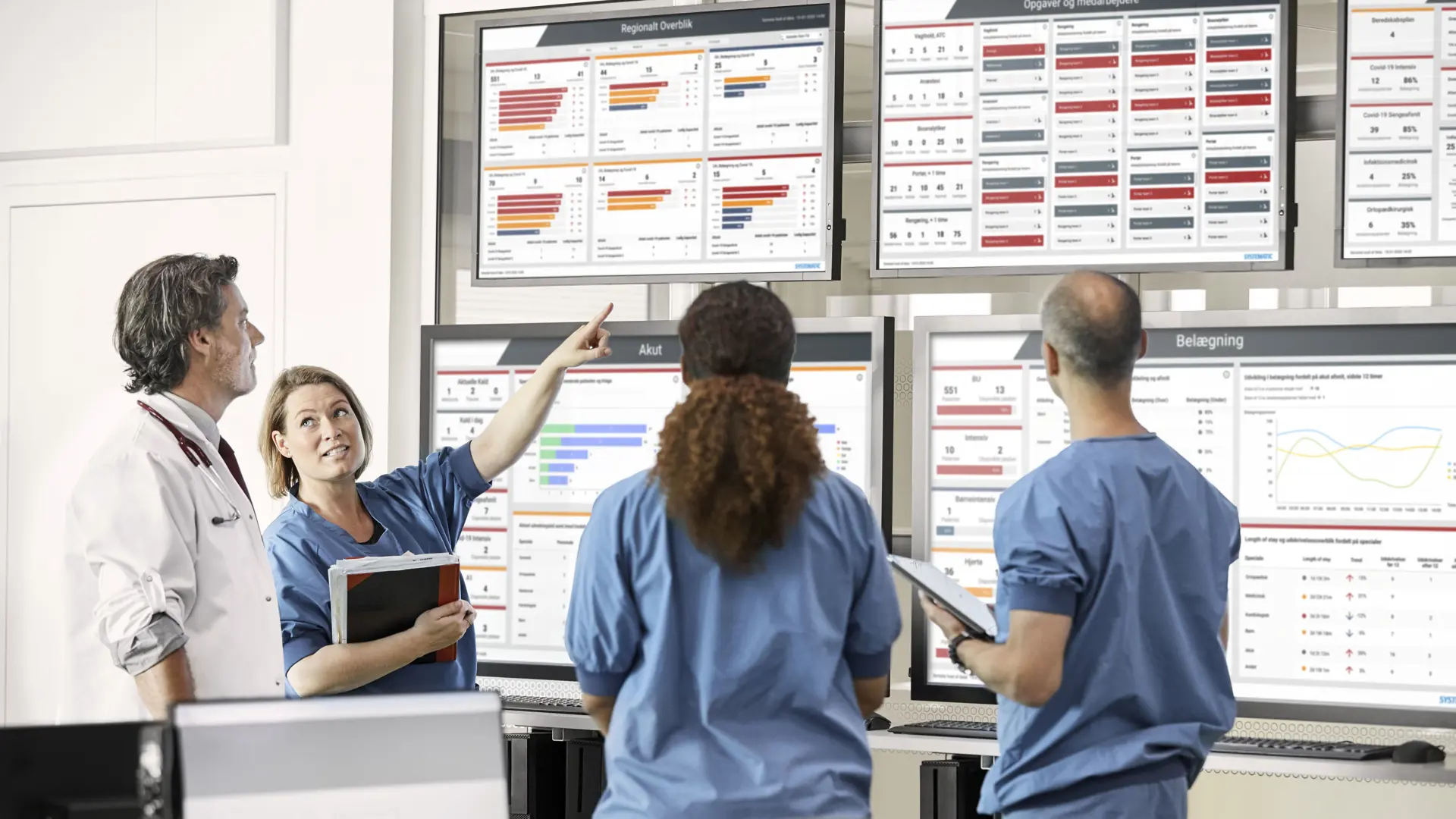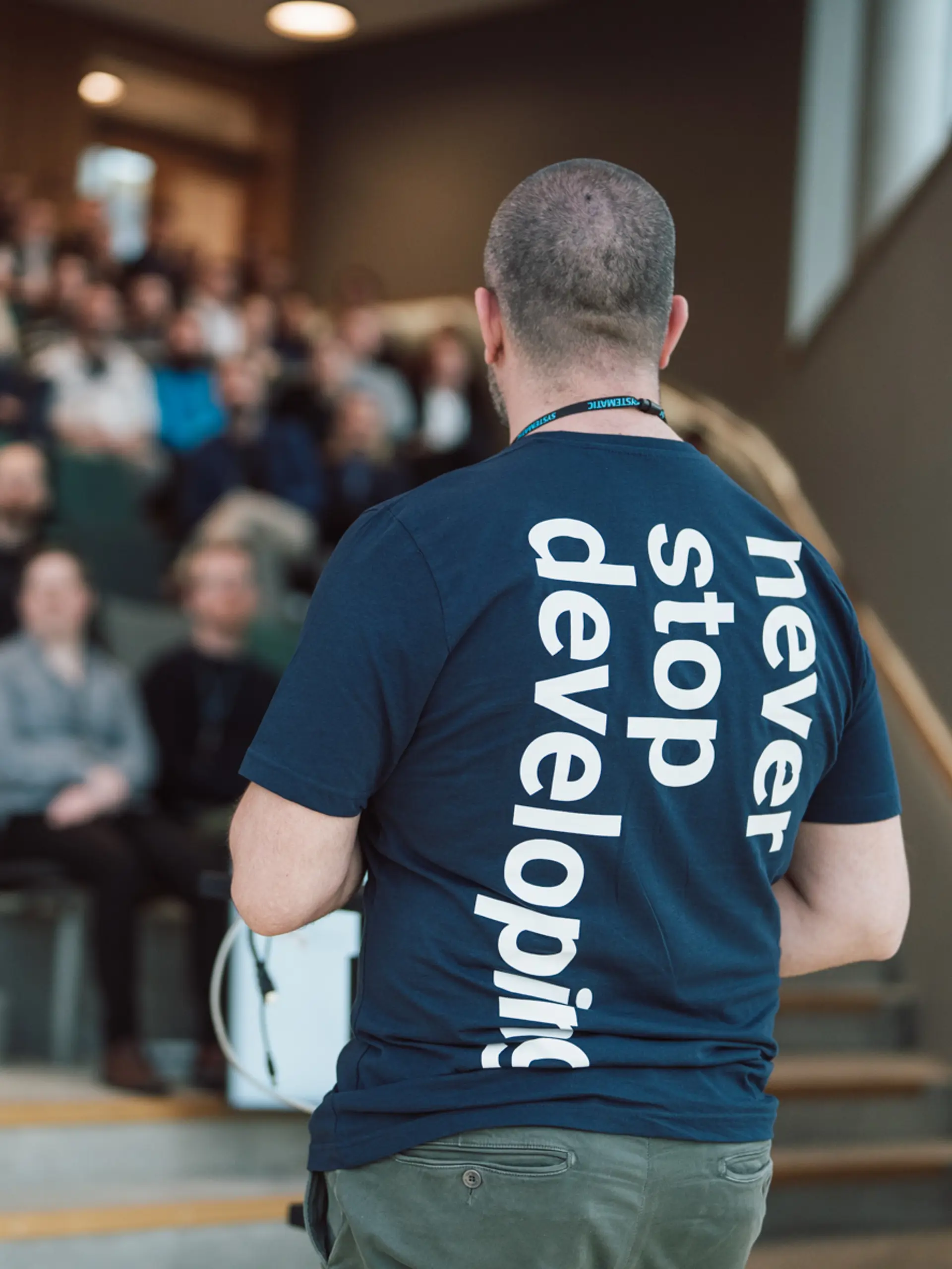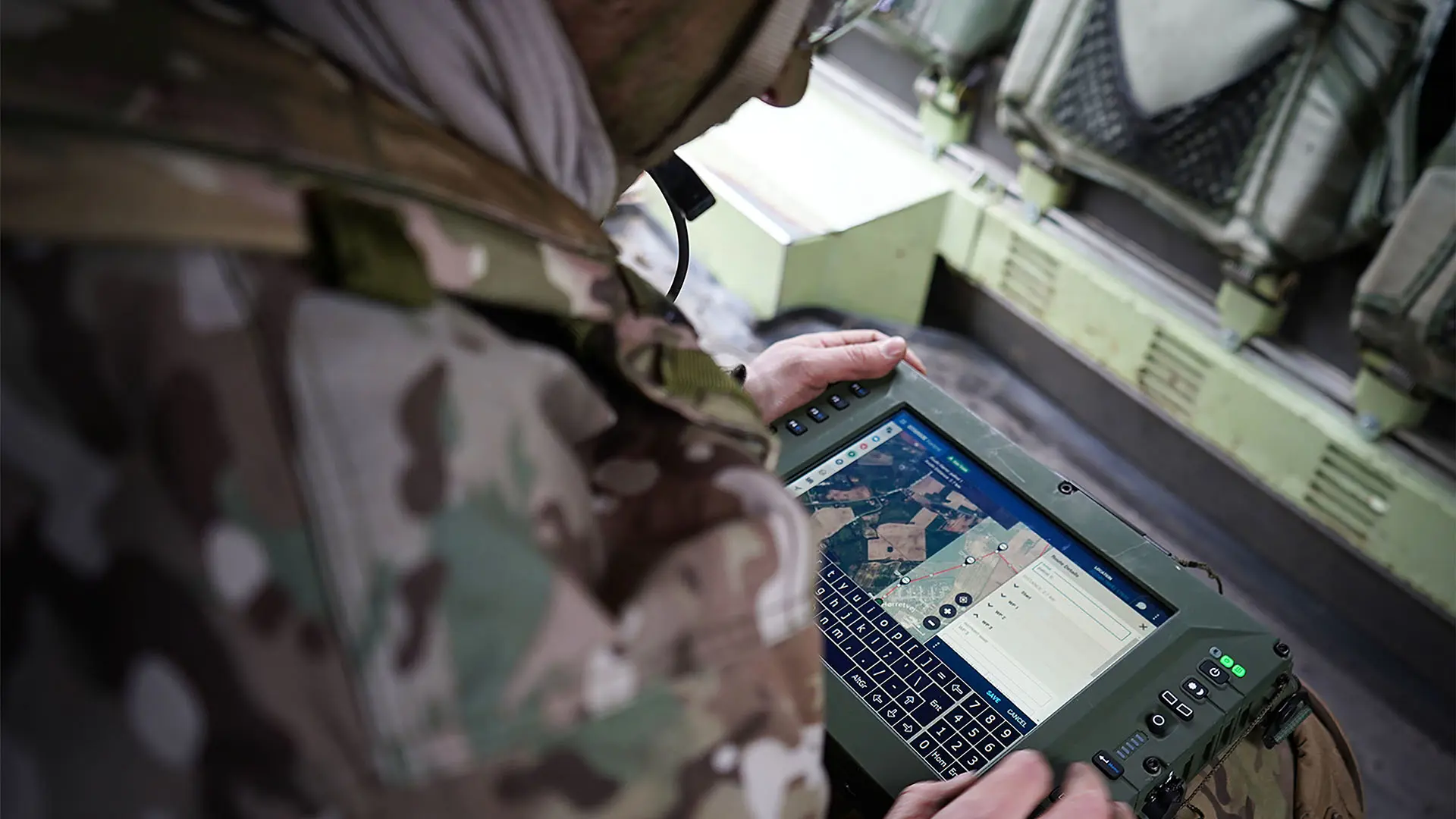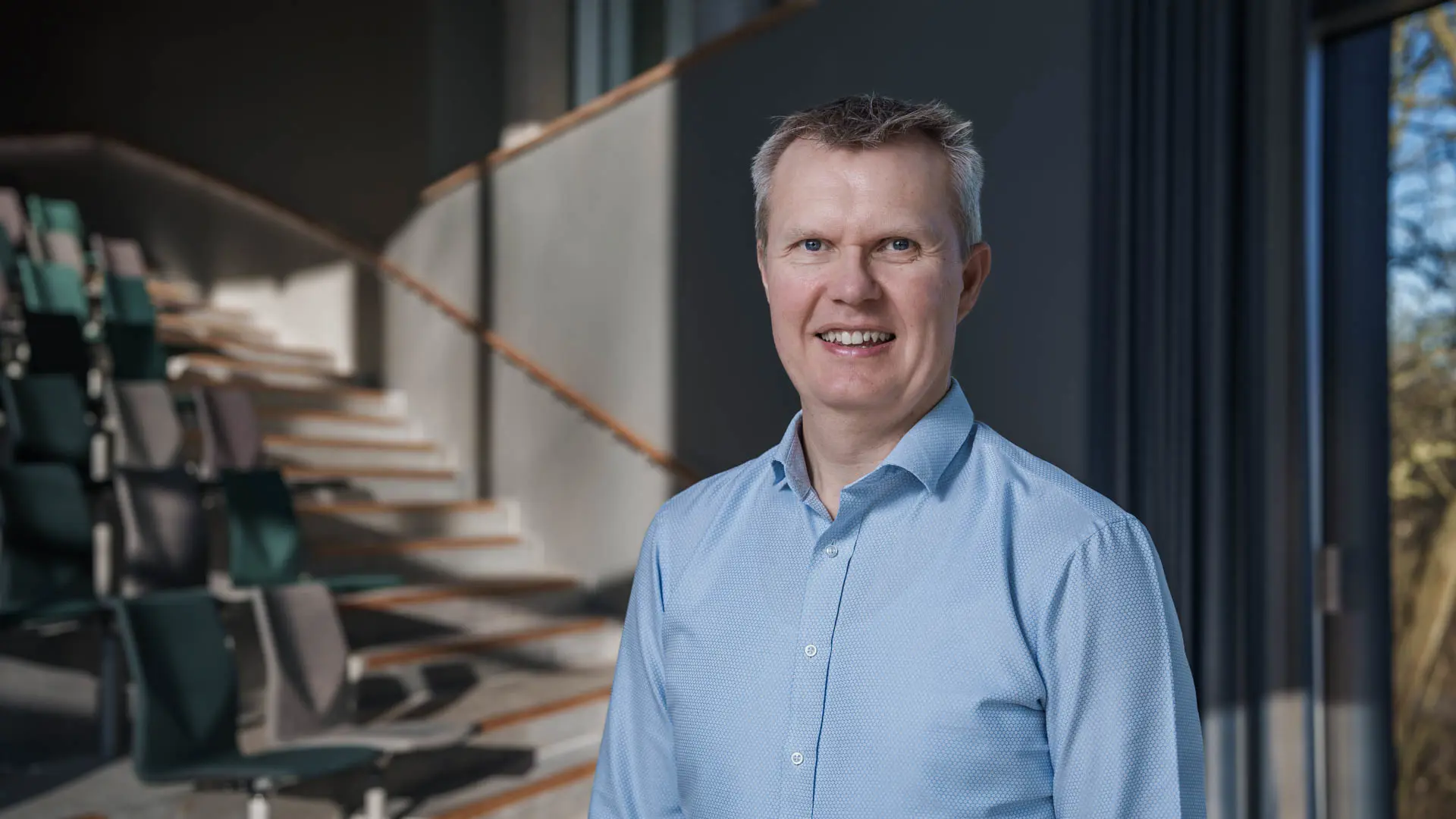Global need for defence cooperation drives Systematic's revenue to new highs
With a new CEO at the helm, the software company Systematic continues to grow, expanding with three new offices and delivering record financial results for the third consecutive year.
The 2023/2024 financial year has ended for the software company Systematic with the biggest revenue in the company’s history: EUR 218 million, which equates to growth of 13.5%. The profit after tax is EUR 34 million – up 25% on the previous year.

Of the company’s total order intake, 65% came from abroad in 2023/2024.
In spite of massive investments in product development, innovation and employee well-being, the company posted an EBIT of EUR 44.6 million. This corresponds to an EBIT margin of 20.5% compared to 18.5% last year, which according to CEO Nikolaj Bramsen, is completely in line with the company’s strategy.
“We’re focusing on what we do best – creating usable and effective solutions for critical sectors such as defence, healthcare, security and the utilities. Our success is based on developing standardised high-quality products which our customers trust,” explains Nikolaj Bramsen, who was appointed CEO after the company’s founder Michael Holm stepped down in December 2023 to become Board chairman.
Need for defence cooperation increases demand
The geopolitical unrest and the significantly bigger defence budgets in Europe and the rest of the world have led to greater demand for digital solutions that can support military cooperation between nations and armed forces. In April, NATO purchased Systematic’s battle management system SitaWare to coordinate and conduct its land operations – just as Canada and Austria have also become new customers in the past 12 months.
“The war in Ukraine has shown that the ability to analyse and share data quickly and accurately provides a huge strategic and tactical advantage. We are helping to ensure that NATO and its partner countries can cooperate and achieve their strength-based goals at a time where increasing polarisation makes international cooperation more important than ever,” says Nikolaj Bramsen.
Exports of healthcare and library software contributing to growth

However, growth is not only driven by defence customers. Systematic’s healthcare business has posted strong results with the sale and implementation of IT solutions for the social and healthcare sector in Denmark and of hospital solutions for Denmark, Finland and the Netherlands.
In the library area, Systematic has won important contracts to deliver the Cicero platform to city libraries in both Germany and Sweden.
According to Nikolaj Bramsen, all business units are seeing growth, which he attributes to the company’s ability to pool large volumes of data from various sources and make the data practically applicable.

“Whether it’s defence, healthcare or libraries, it’s basically about giving our customers a sense of overview and the ability to act using the data they already have at their disposal. There is a growing need for interdisciplinary collaboration and crisis management between civil, voluntary and public authorities, and our solutions play a key role in strengthening information sharing and interoperability,” he says.
A good example is the new product Battlefield Health, where Systematic combines its expertise from the healthcare and defence sectors to ensure that wounded soldiers are quickly and efficiently evacuated and medically treated from the moment of injury until they are back home again.
Growth must happen at a healthy pace
Last year, Systematic started working to recruit IT personnel for a new development office in Copenhagen. In 2023/2024, Systematic has taken on 204 new employees and 83 students as interns or in students jobs. Consequently, the company now has 1,172 employees in total.
“When developing software for critical parts of society, it is crucial that one has the right people and skills for the business and its products. We regard our employees as the most important part of the company, and consequently we invest in their development and well-being,” says Nikolaj Bramsen.
In 2023/2024, the employee turnover rate has decreased from 9.6% last year to 7.4%, which is low for a sector in rapid development. Just over 17% of Systematic’s employees have more than 10 years of seniority, and 12% of all new employees in 2023/2024 are former colleagues returning to the company.

Systematic still has plans to grow further and increase the size of its workforce, both in Copenhagen and in other markets, but Nikolaj Bramsen emphasises that this growth must happen at a healthy pace.
“We must ensure that new colleagues are able to settle into the company, and that we preserve our culture and values – and the organisation must also have time to adapt. Under no circumstance can we start compromising with the quality of our products, our values or our employees’ well-being,” he says.
Positive outlook for continued growth
With a solid order book and ongoing investments in innovative products, including AI solutions such as SitaWare Insight, Systematic is expecting a 5–15% growth in revenue in 2024/2025 with the same EBIT as in 2023/2024.
“We’re starting the new year with the ambition of strengthening our position on several markets – especially our collaboration with NATO, the EU and the Five Eyes alliance – and by maintaining our lead within innovative software solutions,” says Nikolaj Bramsen.
| 2023/2024 EURm | 2022/2023 EURm | Change | |
| Revenue | 218 | 192 | +13,5% |
| EBIT | 45 | 35 | +26% |
| Profit after tax | 34 | 27 | +25% |
| Return of equity | 33,6% | 28,8% | +4,8 Percentage point |








